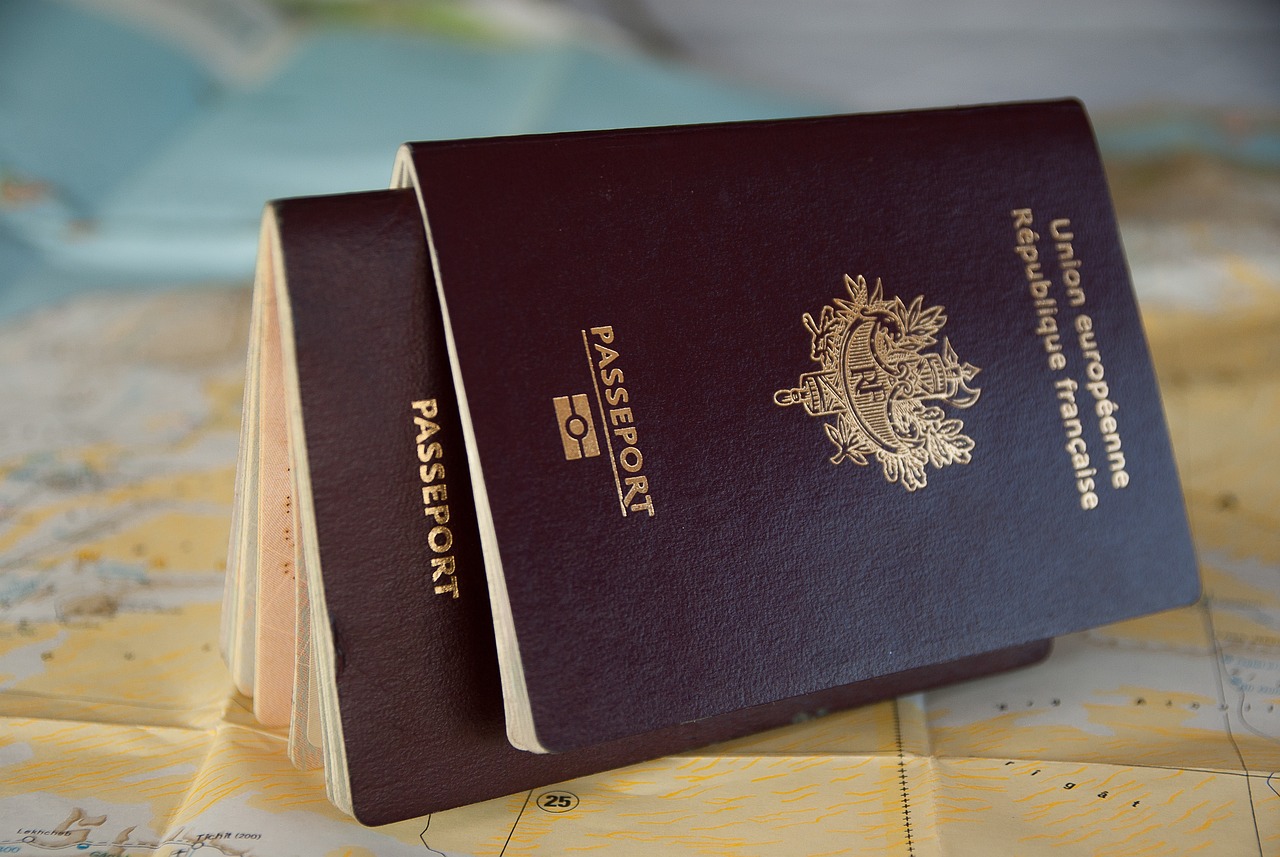SSN Updates for New N-400 Applicants
If you have been thinking of applying for U.S. Citizenship, you may be pleased to learn that starting April 1st applicants will have the option of requesting an original or replacement Social Security number (SSN) or card and have the chance to update their immigration status with the Social Security Administration (SSA), without having to visit an SSA office in person.
This is all part of the new edition of Form N-400, Application for Naturalization (edition date 04/01/24) which will allow these requests to be made when submitting the application with the U.S. Citizenship and Immigration Services (USCIS).
Previously, green card holders were required to visit an SSA office in person to notify them of their new U.S. Citizenship status and apply for a replacement SSN card reflecting their new immigration status.
Unfortunately, this new update only applies to applicants filing the new edition of the N-400 application (04/01/24) on or after April 1st. Those who applied using the previous edition of the form (09/17/19) cannot take advantage of this option.
When will the new edition of the N-400 be available for use?
The new edition of the Form N-400 (04/01/24) will be available for online filing on April 1.
To file Form N-400 online, applicants must first create a USCIS online account, a convenient and secure method to submit forms, pay fees, and track the status of any pending USCIS immigration request throughout the adjudication process.
H-1B FY 2025 Cap Season Updates: What to Expect
You may be aware that the electronic registration period for the FY 2025 H-1B cap season closed at noon Eastern on March 25, 2024.
Within the next few days, USCIS will conduct a lottery to randomly select within the pool of properly submitted registrations to reach the FY 2025 H-1B annual numerical allocations, including the advanced degree exemption (master’s cap). USCIS will notify the public once the lottery has been completed.
 Visa Lawyer Blog
Visa Lawyer Blog











